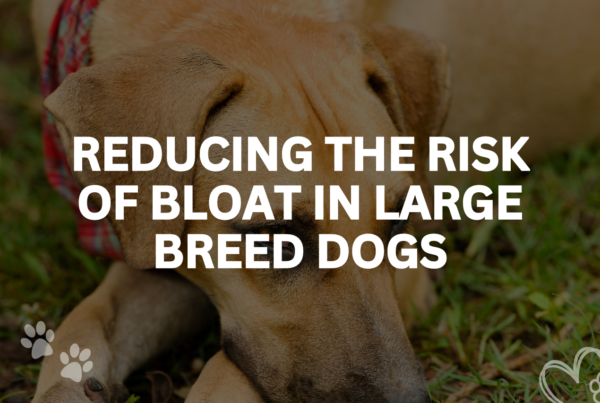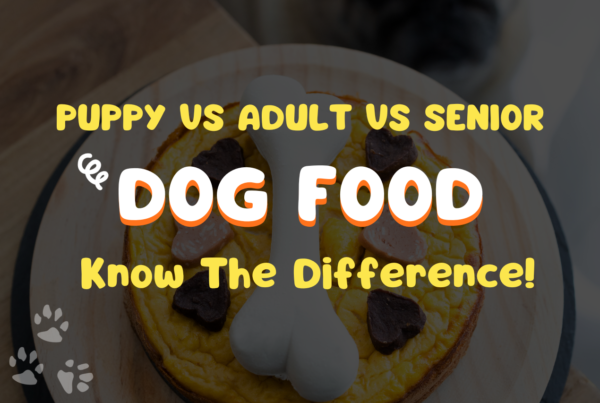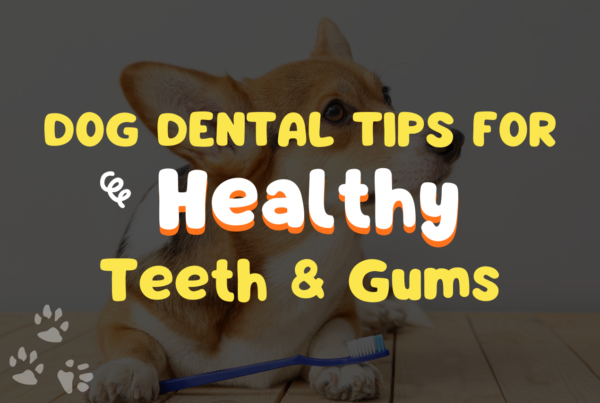
Raising a puppy is like nurturing a child. You monitor each move, take care of their diet, and expect love and gratitude in return. However, one fascinating thing about adopting a puppy is, to watch it grow up through the years. Watching a pup grow is a fascinating experience that never fades with time. And therefore, one of the first questions people ask when they consider buying a puppy is, “when do dogs stop growing?” or “How big will they get?”
The growth of puppies depends on several variables. However, it is a vital question considering your need to ensure your puppy is taken care of in your household. We recommend doing ample research about the overall latent growth of a pup before adopting it, which would save you a lot of hassle.
There are several factors involved in the growth of a puppy. And the answer to, “When do dogs stop growing?” is still debatable. That’s because every puppy grows at a different rate considering their breed and genetics. However, on average, a puppy hits the adult age as soon as it turns 1.
Tips And Tricks To Determine A Puppy’s Potential Growth
Here are some tips and tricks to determine a puppy’s potential growth in the future.
- Pay special attention to details of your pup’s breed, size of parents, and their parents’ growth rate. Large breed’s progeny usually turn into huge, large dogs.
- Examine the puppy’s paws. If they are large considering their current age, The possibilities are, it would turn into a much larger sized dog.
- According to some mystical experiences, a “double formula” is applied in evaluating a puppy’s final weight. In essence, note the puppy’s weight when it’s almost 14 weeks of age, then double the weight to have an idea of its expected final weight at adulthood. This method has not been approved by science. However, in some cases, it works.
- If you are more concerned about the growth of your puppy, get its DNA test done, and this would clear the confusion.
When Do Dogs Stop Growing?
There comes a time in the life of your dogs when no matter how nutritious food you feed him or what you do to him, the growth will become stagnant. And the stagnant growth of your dog often leads to owner’s confusion. Nonetheless, it is absolutely normal.
We can take the growth of humans as a living example. When a child is born, he develops and grows through different stages, but when he reaches a certain age, the growth stops. However, he continues to age with passing time. The same is the case with dogs. But the answer to “when do dogs stop growing” keeps on changing depending on the dog’s breed, nutritional intake, and biology.
Based on dog size and weight, they can be categorized into three different categories:
Small Breed Dogs
We classify the dogs as small breeds that remain under 25 lbs when fully grown. Some common examples of small breed dogs are:
- Beagle
- Brussels Griffon
- Miniature Pinscher
When Do Small Breed Dogs Stop Growing?
Veterinarians suggest that small breed dogs grow rapidly at 4-6 months and stop growing at the age of 10-12 months.
Medium Breed Dogs
Medium breed dogs are those under 25-50 pounds when fully mature.
Some of the common examples of medium breed dogs are:
- Bulldog
- Whippet
- German Shepherd
When Do Medium Breed Dogs Stop Growing?
Medium breed dogs grow at full tilt and double their size between 8-12 weeks and reach their full potential growth at 12-15 months.
Veterinarians argue that medium breed dogs might grow a little after 15 months, but that totally depends on the circumstances.
Large Breed Dogs
Large breed dogs typically reach over 50 pounds or more. Some common examples of large breeds include:
- Afghan Hound
- Akita
- English Mastiff
When Do Large Breed Dogs Stop Growing?
Large breed dogs grow to their full potential and literally double their size at the ages of 8-12 weeks. However, the growth after 12 weeks might slow down.
Large breed dogs gradually reach their full growth at 18 months.
Factors That Affect A Dog’s Overall Growth Rate
Besides your dog’s breed, there are some other factors involved in a dog’s overall growth rate.
Genetics
No matter what breed your dog is, sometimes, interbred dogs show dissemblance to each other. And this phenomenon can be seen in humans too: the two brothers from the same parents can differ in size and weight due to genetics.
These traits are passed down from generation to generation. However, the difference sometimes can be the result of random variation that occurs during DNA recombination.
Therefore, genetics plays a vital role in altering a dog’s overall growth rate regardless of the breeds.
Nutrient Intake
Another crucial factor that might alter your dog’s growth rate is nutrients.
Puppies who feed on high-quality dog feed rich in fibers and other nutrients tend to grow rapidly and healthily than those who don’t.
The puppy food available in the market is rich in high proteins and other vitamins to help your pup grow gracefully into a healthy and burly adult.
Note: The market offers a variety of dog food. However, choose the one suitable for the age and breed of your pup. Some companies feature dog food specific to the size and class of your dog.
Conclusion
Nothing is as rewarding as a puppy, in his full potential growing into a graceful adult dog. However, with puppies, dog owners never have an estimate of how big it would get, and this creates confusion and problems in the future.
Therefore, before you plan to buy yourself a puppy, do your research and be sure to find out how large it would become when fully grown. Purebred dogs are easy to research as they have their guides to the ideal weight and height written in their standard. The case with the mixed breed is, however, different because there’s no breed standard for them.
Therefore, it is recommended to discuss the potential growth of your desired breed with your vet to make a reasonable estimate of a puppy’s size and weight at maturity.






